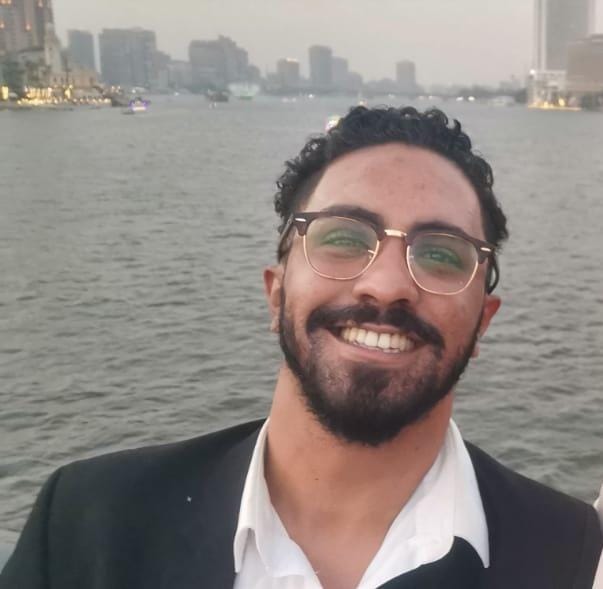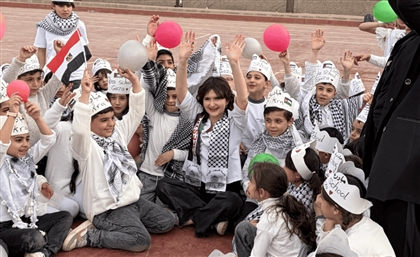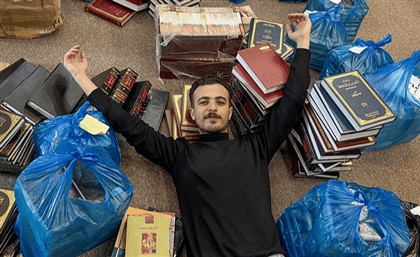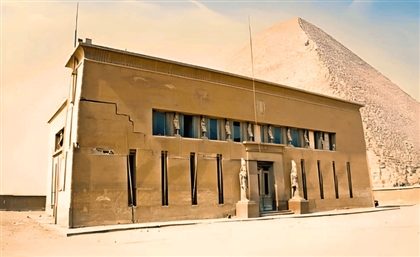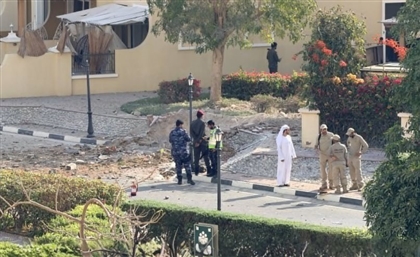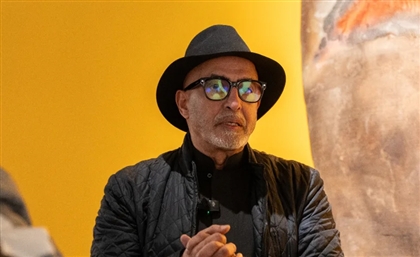Gisèle Halimi: The Jewish-Tunisian Who Defended Palestinian Liberation
An outspoken lawyer and prominent writer, Gisèle Halimi led the legal defence of Algerian and Palestinian liberation fighters.
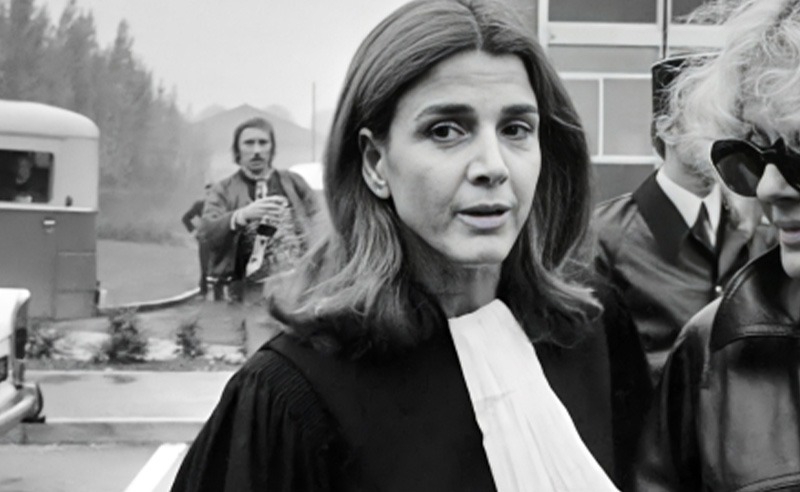
Originally Published August 30th, 2024
In a debate conducted on French television soon before her death in 2020 at the age of 93, an elderly, poised woman shows fiery support for the Palestinian cause. There is a defiance in this voice, a confidence resulting from decades in the public eye as a defender of people’s rights - not a popular affair in any sense or in any place. A natural wisdom in this aged face and firm eyes, and a voice proclaiming on public television the complicity of the West in the crimes committed by Israel against the Palestinian people.
For decades, the Tunisian-Jewish lawyer and writer Gisèle Halimi had been one of the Francophone world’s most prominent public voices against the crimes committed against the Palestinian people. “The truth is that there is an impunity, and constant violations being committed [by Israel], and Europe is complicit in this through their silence. Israel is the only country in the world that benefits from an infinite impunity, in spite of the violations and crimes that they constantly commit,” Halimi proclaims in this public debate.
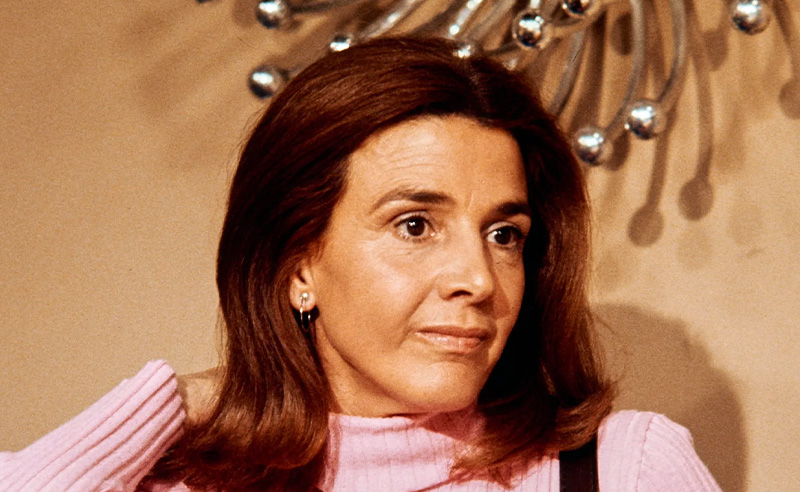
Halimi had always been defiant. Her Tunisian childhood, spent in the largely working-class Jewish beachside district of La Goulette during the 1930s and 1940s, was spent in constant struggle against the religious and traditional mores of her parents’ and grandparents’ generation, especially with regards to the place of women. All across the Arab world at this time, there had existed a non-denominational notion that women were fit for no more than childbirth and homemaking, and Halimi’s upbringing as the granddaughter of an Orthodox rabbi was no different.
Fervent in her struggle for liberation even in her youth, a 10-year-old Halimi would go on hunger strike in her parents home to protest their ban on her learning to read, and at 16 would refuse her parents’ insistence on an arranged marriage. Instead, the firebrand would pursue legal studies in France and return to Tunisia in 1949, where she would build her name as one of the leading advocates for the right of third world liberation activists to legal protection.
As a young lawyer, Halimi had first come to global acclaim as a defender of the rights of the downtrodden when she took to the legal defence of Algerian National Liberation Front (FLN) activist Djamila Boupacha. Arrested in 1960 for allegedly placing an explosive in a public place in Algiers, Boupacha was incarcerated by the French colonial authorities and sentenced to death. During her incarceration, the young militant was tortured and raped by the French authorities. Halimi took to exposing the barbarity of the colonial machine to the world. Considered the last great trial of the Algerian liberation movement’s members by the French military tribunals, the case of Boupacha shone a light on the vile actions that the land of ‘liberty, equality, and fraternity’ had inflicted on those they colonised. Asked why she was defending the “terrorists” of the FLN, Halimi responded, “We live in a world of rich and poor, of the coloniser and the colonised, in Algeria we have colonisation, and the Algerian people are oppressed and exploited and are refused their right to live in dignity by the colonial authorities. A humiliated people have the right to fight for their dignity.”
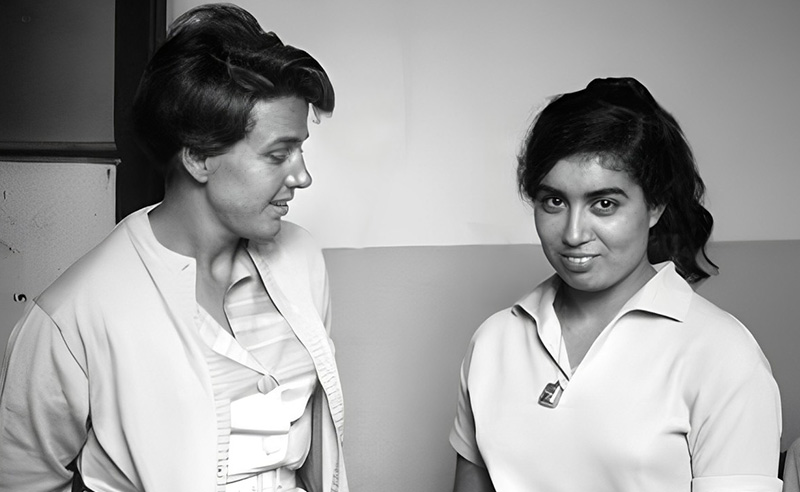
Gisèle Halimi with Djamila Boupacha, Algeria, 1962
Halimi’s acumen in the legal world has been remembered for its fierceness and voracity in defending the downtrodden internationally, from exposing the crimes of the American military against the Vietnamese during the Vietnam War, to her campaigning for women’s rights to abortion and protection from legal rape, to her unwavering and professional support to militants of the Palestinian and Algerian liberation movements. In 2003, Halimi shocked the world when she led the legal defence of one of Israel’s most notorious political prisoners, the Palestinian Fatah-affiliated Marwan Barghouti. Charged with terrorism by the Israeli state, the Tunisian-Jewish rabbi’s granddaughter Halimi commented that she was defending Barghouti, as he is “someone who suffers from the situation in this country [Israel]. He would condemn all terrorism against Israel as soon as Israel ends its occupation of Palestine. You say ‘Why terrorism?’, I say ‘Why occupation?’. Once there is an end to the occupation, there will be no terrorism.”
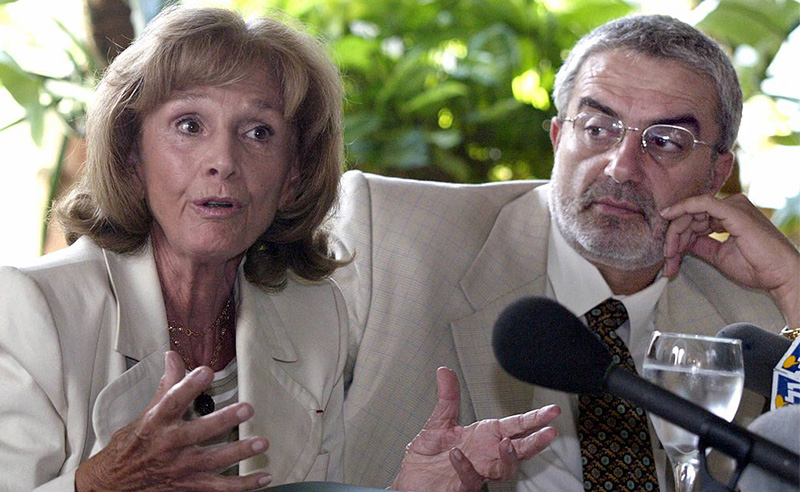
Halimi and Palestinian Human Rights Lawyer Jawad Boulos at a Press Conference for the Defence of Marwan Barghouti, Jerusalem, 2002
In the memory of most of our grandparents, the Arab world, from the Atlantic to the Gulf, was once one of the most diverse and cosmopolitan corners of the world. Here, Syrians mixed with Armenians, and Kurds with Jews, a region where Turkish, Greek, French and Arabic were all mixed and spoken together in one sentence. The communities of Arab Jews in particular - ancient millenia-old communities in Cairo, Damascus, the Maghreb and further afield - had all contributed immensely to the development of Arab culture, society and resistance to colonialism since the days of Al-Andalus and the Crusades until the creation of the Zionist entity in 1948. A contemporary of Halimi’s, the Tunisian-Jewish writer Albert Memmi, once wrote, “I was sort of a half-breed of colonisation, understanding everyone because I belonged completely to no one.” This expression of being an ethnic minority in an Arab country colonised by a European power perhaps explains the ability of Halimi to overcome the social and religious notions which sought to her dull her intellectualism, the use of the coloniser’s tongue to expose their crimes, and her lifelong identity of defending the poor and the downtrodden - as she herself was of them and knew them.
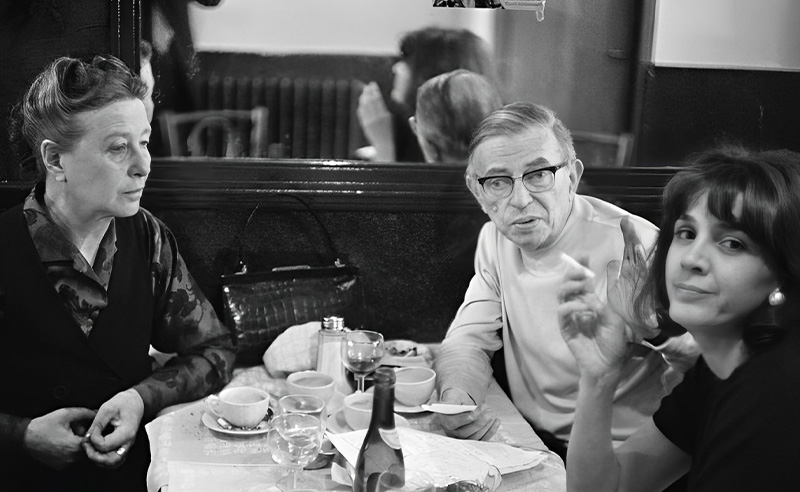
Gisèle Halimi with Jean-Paul Sartre and Simone de Beauvoir, Paris, 1970
Tunisia - still home to a sizeable Jewish community - had particularly produced a notable class of Arab Jews who, benefitting from the French colonialist educational policy of allowing colonised peoples into the Sorbonne, would go on to become vocal proponents of decolonisation in numerous fields, from literature, to the law, to grassroots organisation. Amongst this group of prominent minds Halimi stands out as one of the first female Tunisian French-educated lawyers. Always attached to her Arab identity, Halimi commented in an interview with Le Monde in 2011, “I am a Tunisian, and Tunisia is an Arab country.” Conducted during the events of Tunisia’s Jasmine Revolution, Halimi expresses her emotions on the thirst of the Tunisian people for liberation at this time. “I am filled with pride. Tunisia has always been at the forefront of women’s rights, and Tunisian women are central in this current revolution,” she comments. “I love the colloquial Tunisian Judeo-Arabic, and I use the language as often as I can. It brings some sunlight into this Parisian life. Tunisia to me is sunlight, the sea, football in alleyways, a place of warmth and love.”
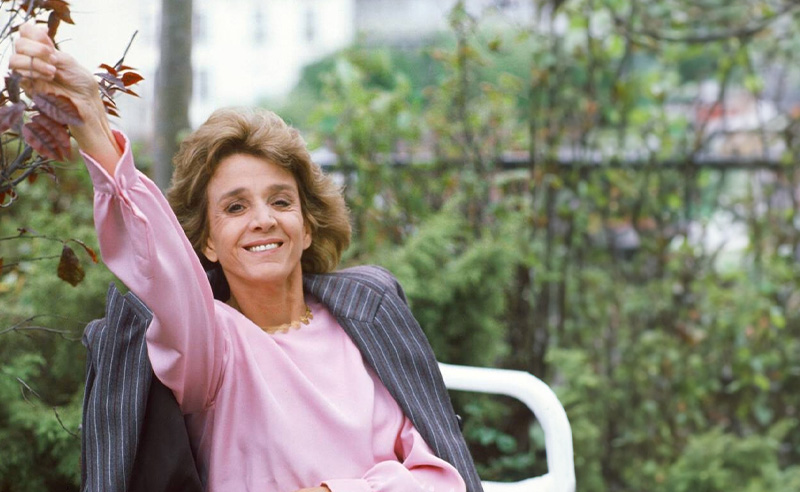
Halimi’s death in 2020 was mourned in elegies in the French as well as North African press, with her lifelong conviction to progressive ideals hailed as an example for a global humanistic legal tradition. In our modern day, Halimi is an avant-garde example of what the youth now call intersectional progressivism - her person a rejection of the confines which society sought to box her in, and a representative of a humanistic ideal which strips the person of manmade identity labels, and creates instead the human devoted to the search for a universal justice and truth. “I don't want to be silent,” Halimi once said. “I don't want to resign myself. Despite the summer desert, I want to shout loudly for those voices that have fallen silent and those that we don't want to hear. History will judge but will not erase the rampage.”
- Previous Article Italian-Palestinian Duo No Input Debuts Eponymous Electro EP
- Next Article A Century of Hospitality: Discover Egypt's Historical Hotels







